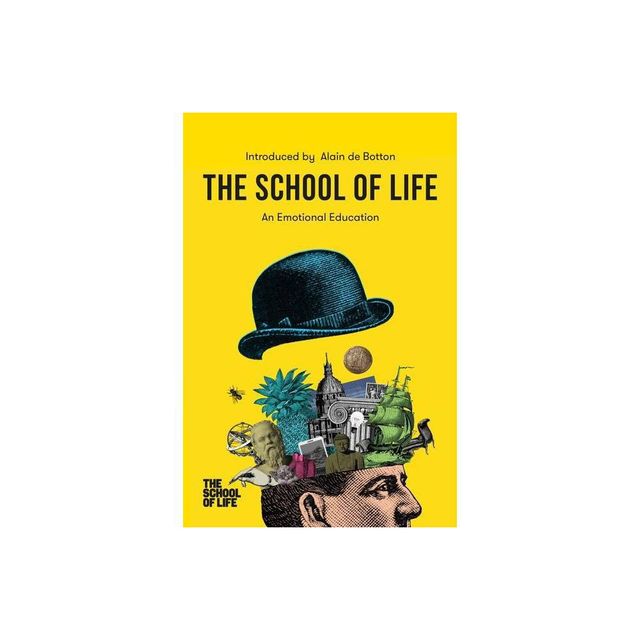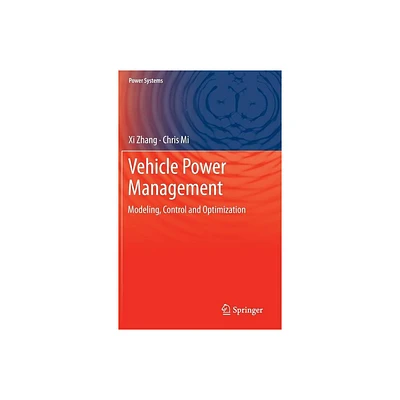Home
Creativity and Power Management: A Concise Program of Emotional Education
Loading Inventory...
Barnes and Noble
Creativity and Power Management: A Concise Program of Emotional Education
Current price: $30.00


Barnes and Noble
Creativity and Power Management: A Concise Program of Emotional Education
Current price: $30.00
Loading Inventory...
Size: OS
*Product Information may vary - to confirm product availability, pricing, and additional information please contact Barnes and Noble
Creativity & Power Management: A Concise Program of Emotional EducationPART TWO. The Psychoeducational Delivery of the Conflict Analysis Battery: A Didactic, Diagnostic and Therapeutic Self-Assessment This book of case studies illustrates a new theory, the Formal Theory, and a new therapy, Creativity and Power Management, as a concise program of emotional education utilizing the Conflict Analysis Battery and the simple scientific principles of the Formal Theory. The theory radically changes the way we conceptualize the unconscious, integrating psychology and morality by placing them on the scientific study of the creative process. It unifies the disciplines of psychology: epistemology, diagnoses, assessment, therapy, and morality through the study of the process as a universal harmonic, the six-role conflict resolution periodic phenomenon. Power Management diagnoses relational modalities, wellness diagnoses, which entail understanding emotions as generated by behaviors, hence correcting unpleasant emotions, symptoms, by making the appropriate behavioral or relational changes. Conflict Analysis Battery, the self-assessment instrument, helps the test takers to identify their relational pattern and to connect emotions and behaviors thus understanding a cause effect psychodynamic order, as readily identifiable and as liable to changes through appropriate power management initiatives. The case studies illustrate how submissiveness is adjusted by assertiveness and dominance by self-restraint and admission of vulnerabilities. The effectiveness of the program is demonstrated in three types of delivery: clinical, educational and online. The program's simplicity has allowed its introduction as an emotional education into the classroom, therapy, and the training of the well public.


















